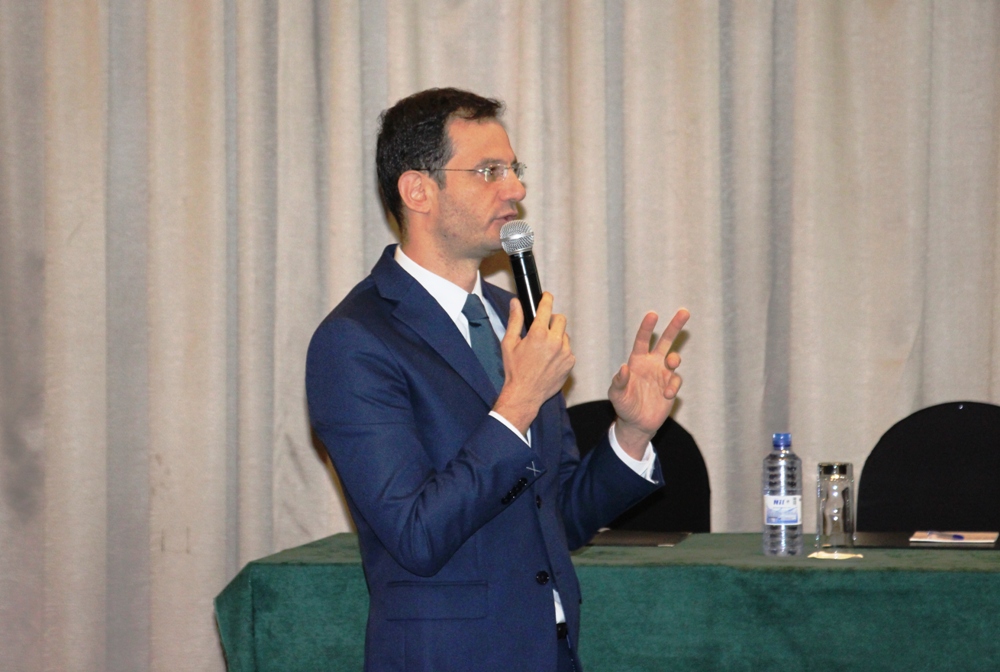Rwanda’s debt level is at 32.9 per cent of GDP, which is below the critical threshold of 50 per cent.

Rwanda is one of only four countries in Sub-Saharan Africa with low risk of debt distress, the World Bank has said.
The Bank rates countries’ risk of distress, which is categorised as high, moderate, in-distress, or low.
Aghassi Mkrtchyan, a Senior Economist at the World Bank, said Rwanda maintains a low debt distress through careful borrowing, proper loan management and high economic growth.
He was speaking to The New Times on the side-lines of 14th World Bank Rwanda Economic Update in the capital Kigali.
This comes at a time a majority of countries on the continent are said to be incurring more debt than they can handle partly due to terms of debt.
Rwanda’s debt level is at 32.9 per cent of GDP. 32.9 per cent is below the critical EAC threshold of 50 per cent.
Other low debt distress countries in Sub-Saharan Africa include Senegal, Tanzania, and Senegal.
The Ministry of Finance said in March that the country is able to keep its debt level low largely because of prioritisation of strategic projects and quality of the financiers.
The Government prefers concessional loans as opposed to market value loans, it said.
A concessional loan is credit that is extended on terms that are substantially more generous than market loans and are usually from international development financiers such as the World Bank and African Development Bank.
The loans have low interest rates and long grace periods with the possibility of further review.
On the other hand, market value loans are not only expensive but have shorter payment durations.
The share of concessional loans in the total debt stock stood at 63 per cent as of end 2018.
Mkrtchyan said that Rwanda still has room to borrow more to finance development projects given that recent investments have shown a high return on investment.
The International Monetary Fund (IMF) in March said that Rwanda has shown prudent management of its debt while it continues to register notable progress in sustaining high and inclusive growth.
The economy grew by 8.6 per cent in 2018 driven by robust activities across different sectors of the economy and it is expected to grow by 7.8 per cent in 2019.
The World Bank Rwanda Economic Update released Tuesday confirmed that the economy expanded at 8.6 percent in 2018, adding that the headline inflation remained low at 1.2 percent as of March 2019.
The report also forecasts favourable economic outlook with growth expected to be in the range of 7.6 to 8 per cent annually.
Kindly follow us on twitter:@AfricanVoice2










